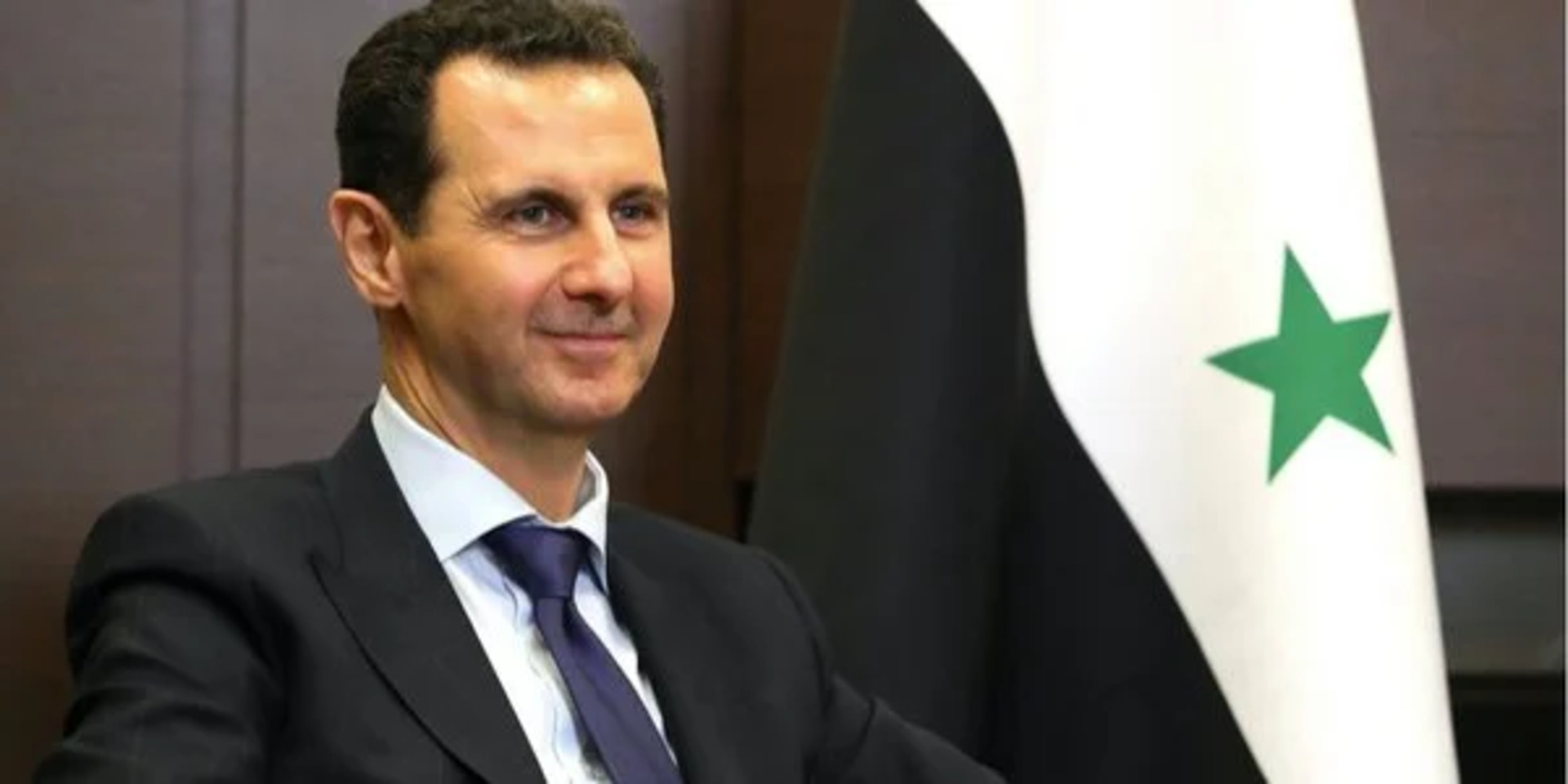After the fall of Bashar al-Assad’s regime, the Syrian opposition made an important statement: the creation of a civil transitional government. The head of the National Coalition of Syrian Revolutionary and Opposition Forces, Hadi al-Bahra, emphasized that this government would not include representatives of radical groups such as Hayat Tahrir al-Sham (HTS). The civilian nature of the administration is intended to contribute to stabilizing the situation in the country.
Lessons from the past: why the Ba’ath Party will not be dissolved
Al-Bahra noted that the ruling Ba’ath Party, which has long been a symbol of Assad’s regime, is not planned to be dissolved. Instead, it will be transformed into a regular political force. This approach is driven by the lessons learned from events in Iraq, where the dissolution of Saddam Hussein’s party led to the radicalization of its members.
Limiting the influence of external players
One of the main goals of the new government is to reduce the intervention of Iran and Russia, which have been key allies of Assad’s regime. Al-Bahra emphasized that Syria’s future should be determined by Syrians, without external dictates.
Successes of the Syrian opposition: the operation that changed the course of events
The advance of Syrian rebels, which lasted 12 days and culminated in the capture of Damascus on December 8, was the result of years of preparation and the use of modern technologies, including drones. According to Al-Bahra, the fighting spirit of opposition forces significantly surpasses the motivation of Assad’s army, which was deprived of basic conditions for waging war.
Position of the USA: control and restriction
Through Turkish intermediaries, Washington informed Syrian opposition forces that it will not allow groups like the Islamic State to participate in the advance. The Joe Biden administration has provided clear instructions on the mistakes to avoid in order to ensure stability in the region.
Current Situation: Russia grants asylum to Assad
President Bashar Assad, along with his family, is currently in Moscow, which has provided them with shelter. At the same time, Russian military personnel are urgently leaving the base in Tartus, which may indicate significant changes in the Kremlin’s strategy towards Syria.
Conclusion
The fall of the Assad regime marks the beginning of a new phase in Syria’s history. While the country still faces numerous challenges, the opposition’s decision to create a civilian government without the involvement of radical forces provides hope for a stable future. However, the role of international players such as the USA, Russia, and Turkey will continue to impact events in the region.


